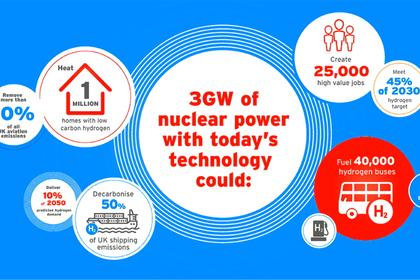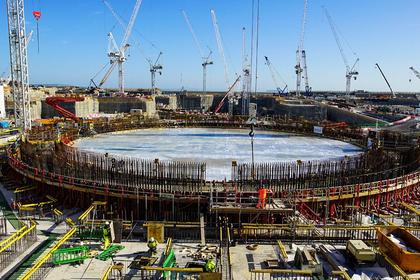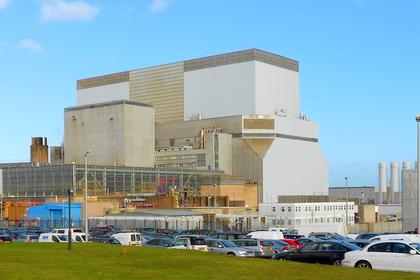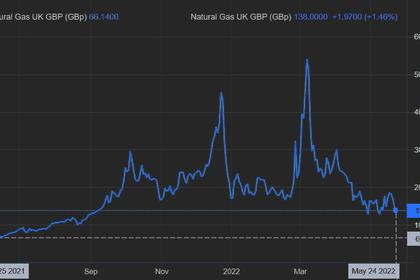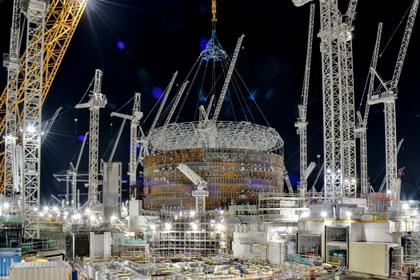
BRITAIN'S ENERGY, MINERALS STRATEGY

GOV.UK - 22 July 2022 - Resilience for the future: The UK’s critical minerals strategy
Foreword from the Secretary of State for Business, Energy and Industrial Strategy
Almost every part of modern daily life relies on minerals, often mined thousands of miles away.
From our cars to mobile phones, wind turbines to medical devices, modern society is quite literally built on rocks.
As technology evolves faster than ever, we become more and more reliant on a new cohort of minerals. We are moving to a world powered by critical minerals: we need lithium, cobalt and graphite to make batteries for electric cars; silicon and tin for our electronics; rare earth elements for electric cars and wind turbines.
Critical minerals will become even more important as we seek to bolster our energy security and domestic industrial resilience – in light of Russia’s illegal invasion of Ukraine – and as we move away from volatile, expensive fossil fuels.
The world in 2040 is expected to need 4 times as many critical minerals for clean energy technologies as it does today[footnote 1].
However, critical mineral supply chains are complex and opaque, the market is volatile and distorted, and China is the dominant player. This creates a situation where UK jobs and industries rely on minerals vulnerable to market shocks, geopolitical events and logistical disruptions, at a time when global demand for these minerals is rising faster than ever.
It is vital that we make our supply chains more resilient and more diverse to support British industries of the future, deliver on our energy transition and protect our national security.
This government is taking action to ensure we remain in the game.
The UK’s first ever Critical Minerals Strategy sets out our plan to secure our supply chains, by boosting domestic capability in a way that generates new jobs and wealth, attracting investment and playing a leading role in solving global challenges with our international partners.
Through the Strategy, we will:
- accelerate growth of the UK’s domestic capabilities
- collaborate with international partners
- enhance international markets to make them more responsive, transparent and responsible
The UK has pockets of mineral wealth from the Scottish Highlands to the tip of Cornwall, and clusters of expertise in refining and material manufacturing. The UK’s mining and minerals history runs deep, dating back to the Bronze Age. In most mines today, it is said you can usually find someone who has trained at the world-renowned Camborne School of Mines – such is the UK’s historical strength.
We will maximise what the UK produces along the critical minerals value chain – through mining, refining, manufacturing and recycling – in a way that creates jobs and growth and protects communities and our natural environment. We will re-establish the UK as a skills leader and continue to do cutting-edge research and innovation in exploration, mining, refining and manufacturing.
The Strategy sets out our ambitions to work with other countries to strengthen trading and diplomatic relationships, and efforts to make supply chains more diverse, transparent, responsible and resilient. This will create opportunities for UK companies overseas and make sure UK businesses are trading on a level playing field.
From the iron and coal that put the UK at the forefront of the Industrial Revolution, to the critical minerals essential to the new, Green Industrial Revolution: the UK once was – and will now be again – a leading player in the global race for critical minerals.
This Strategy will help create the more secure, more resilient supply chains needed for a clean, safe and prosperous future.
The Rt Hon Kwasi Kwarteng
Secretary of State for Business, Energy and Industrial Strategy
-----
Earlier:


